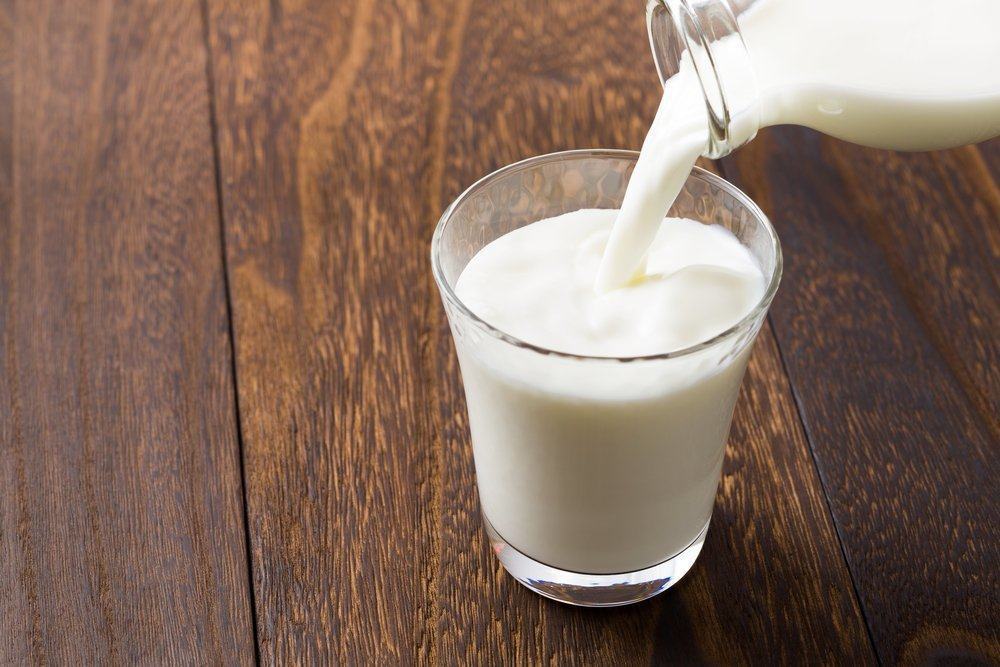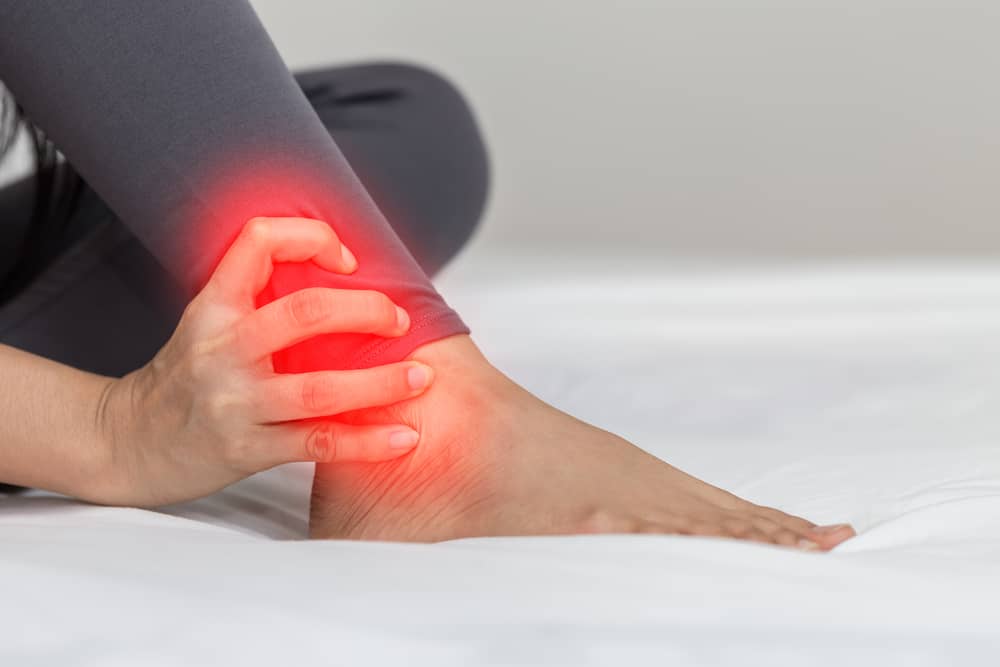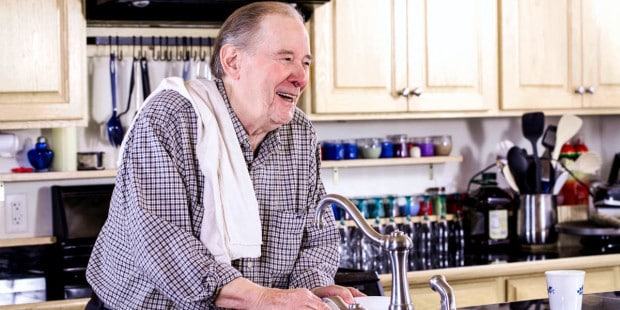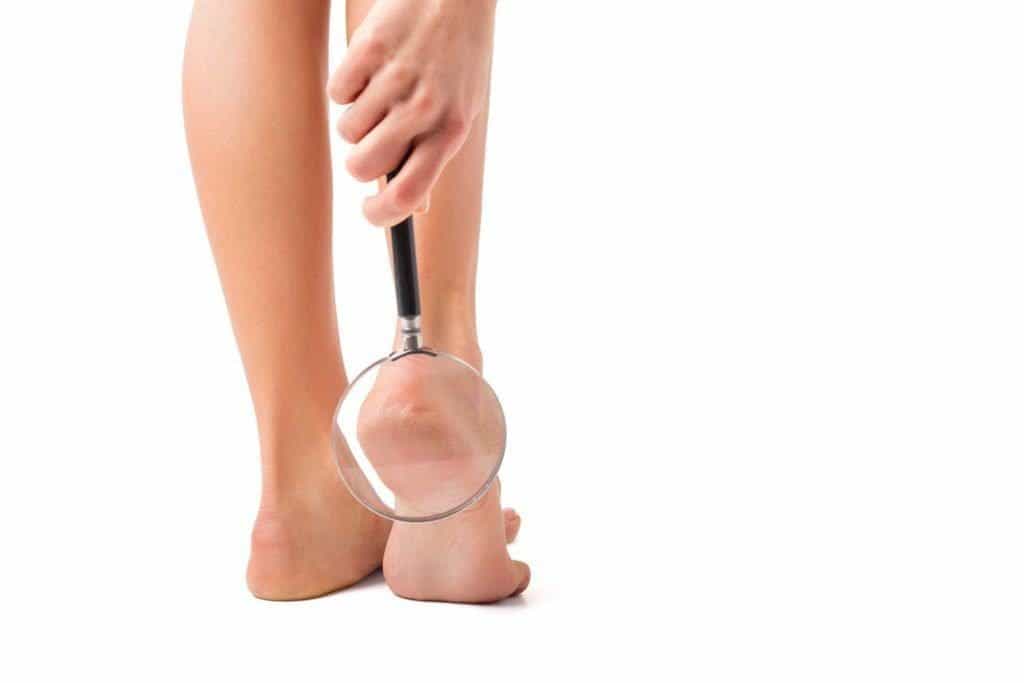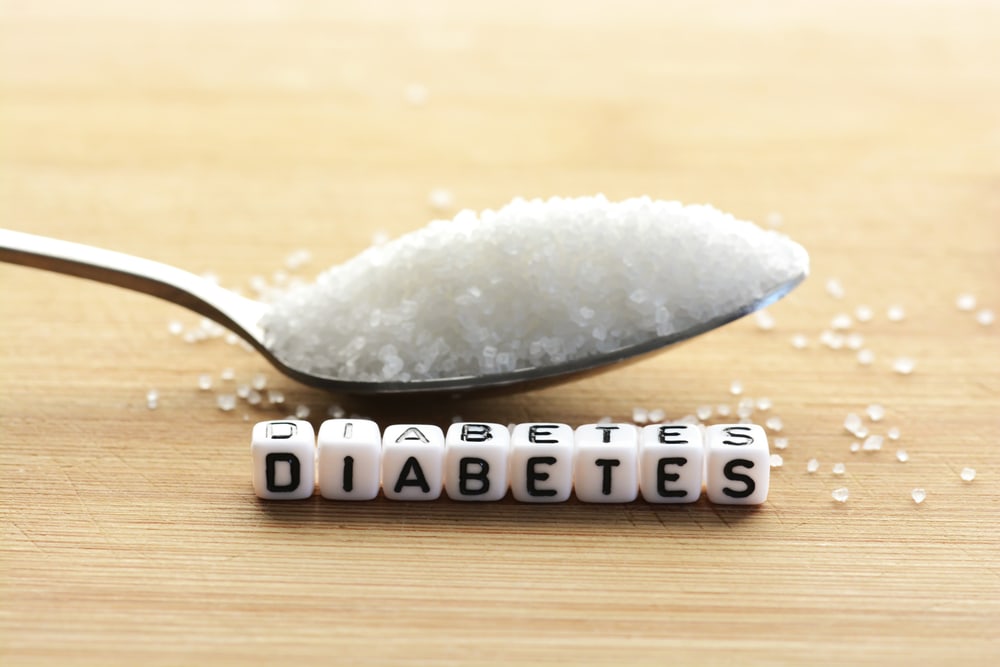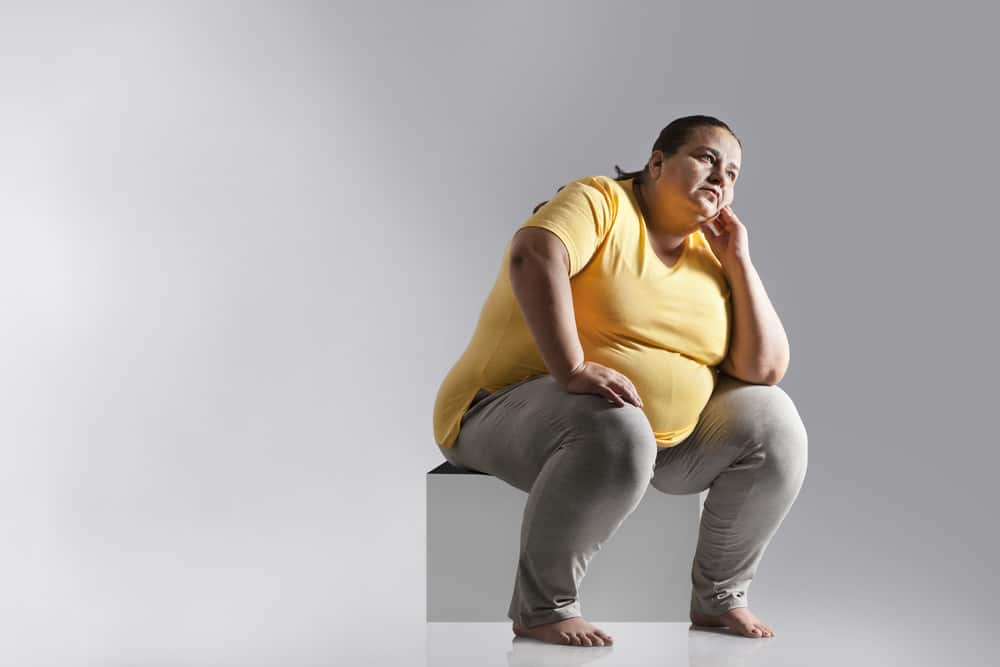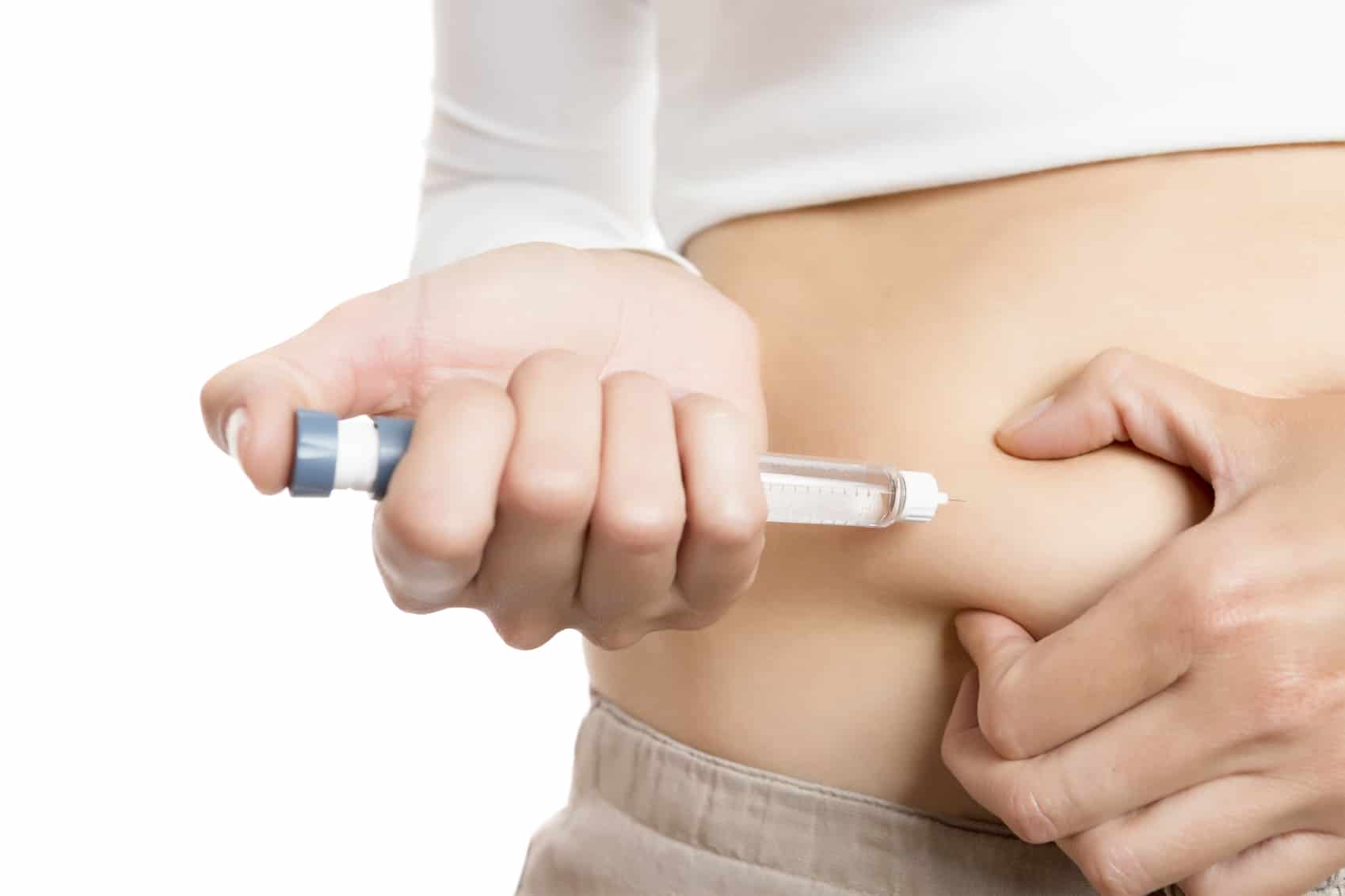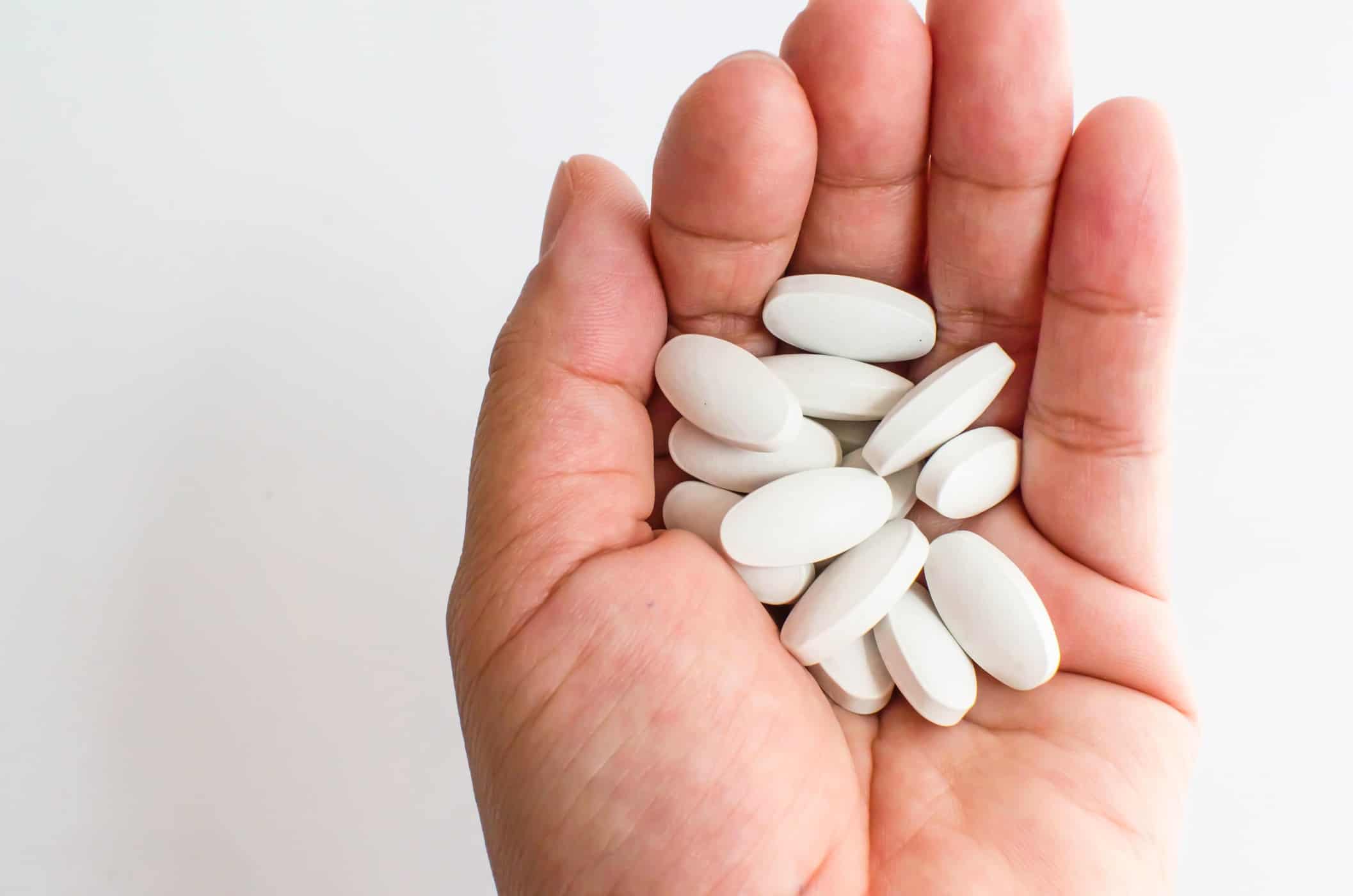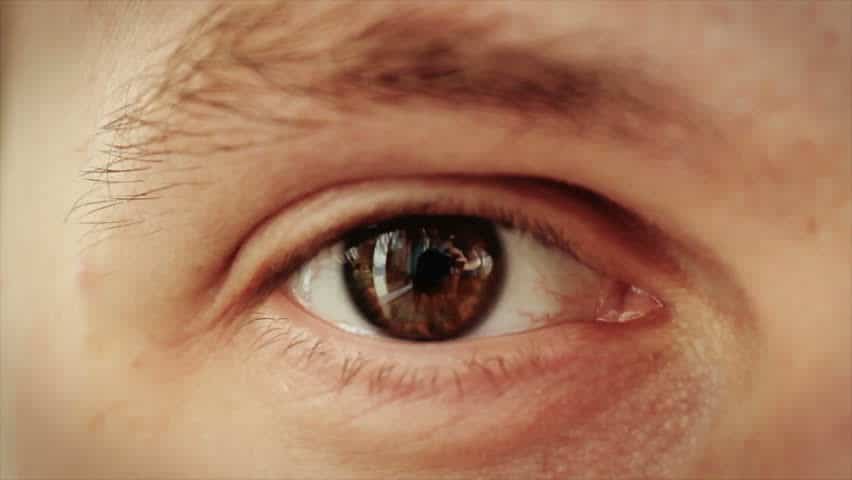Contents:
- Medical Video: Diet for faster healing of fractures - Ms. Sushma Jaiswal
- Why is milk called good for bone health?
- Drinking too much milk increases the risk of fractures
- Various research evidence about the effect of milk on bones
- Our body has difficulty absorbing calcium from milk
Medical Video: Diet for faster healing of fractures - Ms. Sushma Jaiswal
Bone health is often associated with drinking milk, considering the calcium content contained in it is considered to have a large role for bone. Many people routinely drink milk to maintain bone health in the present and prevent bone damage in old age. However, further research shows that it turns out that milk consumption does not always have a good effect on human bones. In fact, it turns out that drinking too much milk can increase the rate of calcium reduction in the bones!
Can milk really maintain bone health, or is this just a myth created by milk producers?
READ ALSO: 4 Negative Impacts That May Happen Due to Milk
Why is milk called good for bone health?
Milk is a drink that contains complete nutritional components, ranging from carbohydrates, fats, proteins, vitamins, to various types of biological enzymes. The content of various nutrients in milk is what supports the functions and benefits of various kinds of milk, ranging from energy sources to doing daily activities to helping oxygen transport in the body.
One of the ingredients in milk that is best known by the public is calcium, one type of mineral that has an important role in bone formation, muscle contraction, nerve transmission, and blood clotting. Besides calcium, milk also contains magnesium which has an important role in bone metabolism, and manganese which plays a role in bone formation. Not infrequently, milk is given the title of 'friendly' drink for bone health.
Dairy products and their derivatives (dairy products) does contain calcium which is sufficient to meet the body's calcium needs, where one glass of cow's milk can provide 30 percent of the daily calcium requirement. Compared to other foods, milk is a source of calcium which has the highest calcium concentration per serving. These calcium-99 percent are stored in the teeth and bones, while the rest can be found in the blood and other tissues.
Therefore, many people believe that the consumption of milk and its derivative products will prevent osteoporosis and decrease bone health because it can meet calcium needs in the bones and help to strengthen bone mass.
READ ALSO: Do Diabetes Sufferers Have Milk?
Drinking too much milk increases the risk of fractures
Previous studies have shown that calcium in milk can help strengthen bones and prevent osteoporosis - which can continue to cause a risk of fractures. However, recent research shows that drinking too much milk does not help avoid us from the risk of fractures.
READ ALSO: 3 Things That Make Your Bones Easily Broken
Women who drink too much milk actually have a higher risk of fracture compared to other women who consume small amounts of milk. The risk of fracture increases by 16 percent in women who drink 3 glasses of milk or more per day, and the risk of fractures in the waist increases by 60 percent.
Various research evidence about the effect of milk on bones
Other studies related to milk and bone health:
- A Harvard study showed that individuals who drank only one glass of milk a week or did not even drink milk at all had the same risk of fracture as people who drank more than two glasses of milk every week.
- The two-decade study by Harvard, which was attended by 72,000 women, showed that there was no evidence that milk consumption could prevent fractures or osteoporosis.
- Another study that followed more than 96,000 people showed that the more milk consumed by a person, the greater the likelihood of fractures that occur when they are adults.
- Reporting from American Journal of Epidemiology, Cumming and Klineberg announced that milk consumption, especially at the age of 20 years, is actually associated with an increased risk of hip fracture (hip fracture) in old age ("Case-Control Study of Risk Factors for Hip Fractures in the Elderly". American Journal of Epidemiology. Vol. 139, No. 5, 1994).
Our body has difficulty absorbing calcium from milk
There are a number of studies that show that many adverse health effects come from milk consumption. The surprising thing is, it turns out that the body actually has difficulty absorbing calcium contained in cow's milk, especially pasteurized cow's milk. Then, it turns out milk increases the rate of calcium reduction in the bone.
Milk is a food that causes the body's pH to decrease (become more acidic) after being metabolized by the body, so that the body must neutralize the body's pH to reach a neutral state by adding alkaline or alkaline in the body. This neutralization process uses alkaline calcium. Ironically, a lot of calcium stored in bone is also used to neutralize the effects of acidification caused by the body's metabolism. When calcium is released from the bone, calcium is discharged by the body through urine, which causes calcium deficiency in the body.
READ ALSO: Why Does Our Body Need Calcium (Not For Bones Only)

